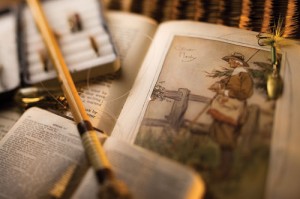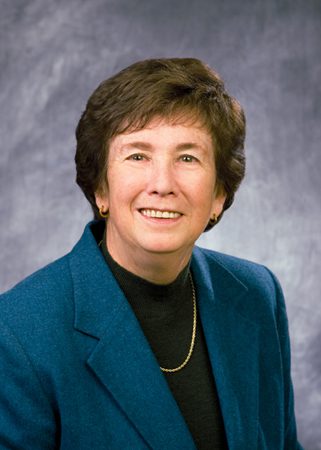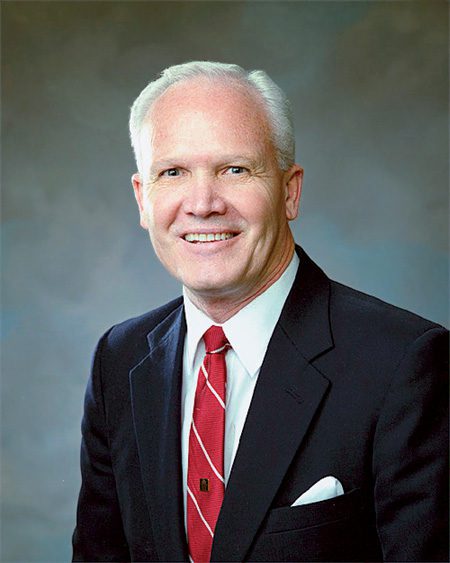
As Izaak Walton sought to be a “compleat” angler, so we seek to become complete in life.
By President Cecil O. Samuelson
Becoming complete is an effort of a lifetime.
Many years ago English writer Izaak Walton wrote a book that is familiar to many of you: The Compleat Angler. I like to fish and did so the other day with my oldest son. While we caught a few trout, I can attest that I am not a “complete” angler and likely will never be a fully competent fisherman. I mention Walton’s contribution not because I have much interest in teaching you about fishing but because of the notion that one can and must become complete in certain dimensions of life.
Just as Walton’s exposition was about much more than fishing, though he obviously loved the angling art, being a BYU graduate is about much more than just mastering the curriculum in your major. It is certainly that, but BYU has also prepared you to be a lifelong learner in your chosen discipline and in all phases and aspects of life. In addition, the BYU experience, as is mentioned in the BYU mission statement, is meant“to assist individuals in their quest for perfection and eternal life.” I don’t think you will find that goal in documents from any university that does not carry the name of Brigham Young University.
A rather common fallacy accepted in society is that with graduation, one has finished her or his education. That is a serious misunderstanding if we are considering a truly educated person, particularly one with the lofty goal of achieving eternal life and eventually perfection.
In reality, your diploma is a certification that this institution believes you are sufficiently prepared to continue to learn and grow both intellectually and spiritually throughout your life. But you must be willing to continue to make the same kind of effort at learning that you demonstrated while studying at BYU. This confidence expressed in you is also a tremendous challenge we give you to reach the potential that you have been given by heaven, by your parents and other supporters, and by those who have contributed to your education.
Another reason that I like the work of Izaak Walton, in addition to our shared enthusiasm for fishing, is that he understood very clearly that his learning and work were never really finished. Though The Compleat Angler was first published in 1653, Walton continued to add to, modify, and improve his treatise with multiple editions until 1676.
A third reason I admire this man of these many generations past is that he was very loyal to his friends and family. He shamelessly learned from them and had them contribute to his education and to his literary efforts. He apparently wrote for recreation as well as vocation, shared what he learned, and enjoyed freely. In all of this, there is something for us to learn.
While it is a very good thing to become knowledgeable and settled in your own discipline and in your own faith, that is not enough. Walton’s worldwide community of followers, which includes many even in our own day, would have been in a lesser place without his willingness to share what he had learned. I do not suggest that all of us should become great writers, poets, or fishermen. What I do suggest is that each of us needs to understand that we who have been given so much have a greater responsibility to contribute to those around us, including our families, our communities, our nations, and our churches.
In our theology of eternal progression, we will always be learning and growing and serving. Thus your BYU education, we hope, prepared you for your lifelong quest: the continual pursuit to become complete.
This article is adapted from a commencement address given by Cecil O. Samuelson, president of BYU, on Aug. 13, 2009.









